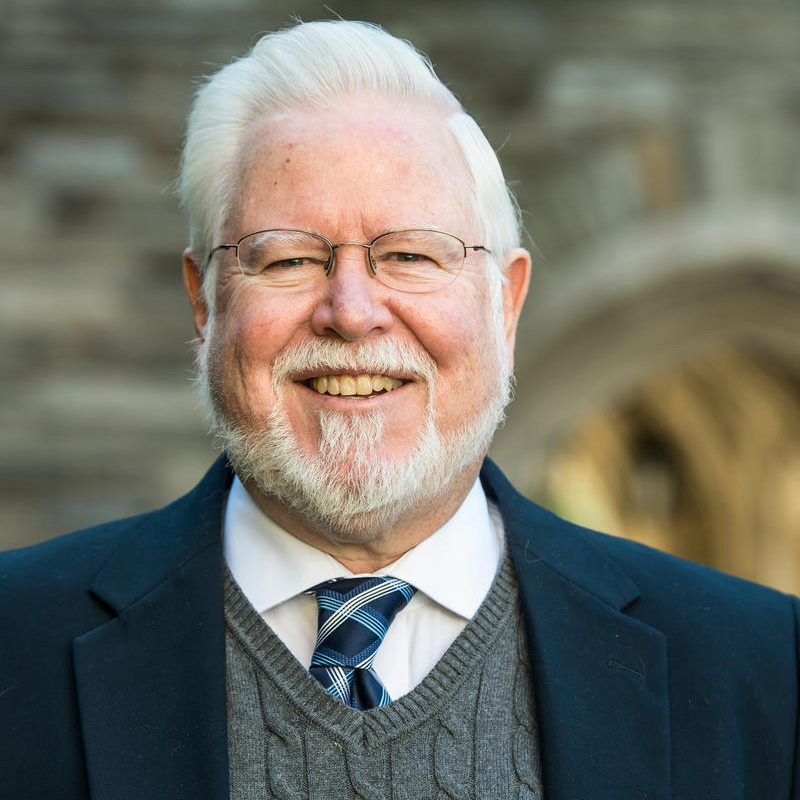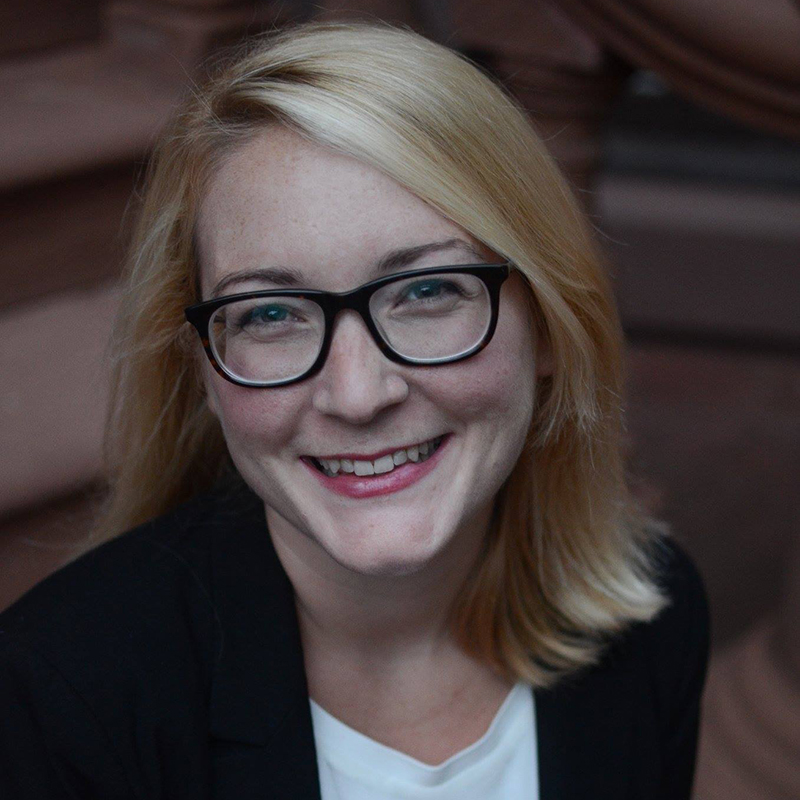Sources include leaders in the local Jewish community
The Leaven, the official newspaper of the Archdiocese of Kansas City in Kansas, recently explored past and present roots of anti-semitsm. The stories below are reprinted with the permission of the paper, which introduced the series as follows:
Across the centuries, the Jewish people have been viewed as the “other.” They have been blamed as scapegoats for Jesus’ crucifixion, the Black Death, war and struggling economies.
Based on unfounded conspiracy theories and fabricated claims of racial inferiority, Jews have suffered harassment, exclusion, violence and genocide. Christians, Catholics, Fathers of the Church, Nazis, white supremacists, and leaders and individuals given to stereotyping and to inaction have been complicit in what is called “the oldest hatred” that persists still today.
This year as the Christian observance of Holy Week coincides with the Jewish celebration of Passover, this sacred season presents a timely opportunity to probe the history and resurgence of antisemitism, and to identify ways to counter this age-old prejudice.
Antisemitism today: ‘It’s like a virus. It never goes away’
As a fifth-generation Jew who grew up in Overland Park, Gavriela Geller has witnessed a rapid rise of antisemitism. As executive director of the Jewish Community Relations Bureau|American Jewish Committee (JCRB/AJC) Kansas City, her focus includes advocacy and education.
“Antisemitism is like a virus,” said Geller. “It never goes away. It lies dormant, then re-emerges when a scapegoat is needed. In times of rapid social change and economic and political uncertainty, Jews have historically become scapegoats.”
Geller describes antisemitism as pervasive today. Citing FBI statistics, she says that while Jews account for 2% of the country’s population, 60% of hate crimes nationwide in 2019 represented acts against Jewish people or their properties.
Incidents tracked nationally by the Anti-Defamation League (ADL) reflect a 56% increase in assaults against Jewish individuals in 2019 compared to 2018. These numbers could potentially be higher; it is believed that 76% of Jews don’t report the antisemitism they experience.
In tracking hate, extremism, antisemitism and terrorism, ADL reports six antisemitic incidents and 11 cases of distribution of white supremacist propaganda in Kansas (March 2019 through July 2020). The incidents include harassment and vandalism; five of the six occurred in northeast Kansas.
Geller links demonizing rhetoric and divisiveness in the United States with the rise of antisemitism. Antisemitism manifests itself culturally, politically, religiously and racially. It operates on the thesis that Jews are the source of all evil in the world. For example, theories arose that Jews were somehow nefariously involved in the spread of COVID-19 and the California wildfires.
Antisemitism today thrives on what Geller calls “code words and dog whistles” — words, phrases and tropes that subtly but definitely target Jews. In addition, there are incidents of Holocaust denial and distortion, and rhetoric about Israel that denies Jewish people the right to a homeland. Antisemitism’s main sources are the far right, far left and religious extremists, but it also stems from insensitive remarks and negative stereotypes.
Geller acknowledges that social media platforms perpetuate images and tropes targeted against Jews. An article posted to the “Police Chief Online Magazine” cites the role of online platforms in amplifying hateful ideologies and identifies propaganda as a stepping stone to violence.

Chuck Green, director of community security for the Jewish Federation of Greater Kansas City, says that there are individuals who need to believe in something and that often they are very impressionable. The former Secret Service special agent says social media makes it easier to recruit and indoctrinate.
His role as security director is to help Jewish institutions detect threatening behaviors before harm occurs. Green is an alum of Bishop Miege High School in Roeland Park and a member of St. Michael the Archangel Parish in Leawood.
How to counter antisemitism
How can Catholics, Christians and others who may not even know Jews counter antisemitism and advance what Pope Francis calls “the journey of friendship”?

Philip Cunningham, professor of theology and director of the Institute for Jewish-Catholic Relations at Saint Joseph’s University, Philadelphia, suggests that individuals should be aware of personally held stereotypes and use of language deemed harmless but laden with antisemitism — for example, the phrase “Jewing people down.”
He encourages that upon hearing an antisemitic statement, persons should call this out and not let it pass. He believes the Catholic Church should re-evaluate hymn lyrics and homily hints through the lens of sensitivity to Jews and Judaism.
First on the list for Gavriela Geller, executive director of Jewish Community Relations Bureau|American Jewish Committee Kansas City, is: “Educate. Educate. Educate. You may not recognize antisemitism unless you spend time to understand it.”
Geller offers her organization as a resource for groups seeking to begin this process. She identifies building relationships at the organizational and individual levels as important — operating from a position of friendship rather than fear.
She urges people to recognize that antisemitism is not just a Jewish issue, saying, “Allowing conspiracy theories to proliferate and grow is dangerous for the values we all hold dear in our democracy.”
At the national level, the March 2020 American Jewish Committee (AJC) policy statement on “Countering Antisemitism and Hatred at Home and Abroad” calls for opposition to antisemitism and hatred in all its forms and the restoration of U.S. leadership on this issue. AJC advocates for countering hateful rhetoric and antisemitism; improving hate crime reporting; addressing white supremacist ideology as “the most deadly and dangerous threat to the United States”; and asserting American leadership to confront antisemitism abroad.
Cunningham’s work is directed toward acknowledgment that Christians and Jews walk with God in different ways but with many resonances.
“We should assist each other in living out our respective covenantal obligation; we should be ‘co-covenanting companions,’” he proposes. “This requires constant, sustained intensive dialogue.”
Educator enlists next generation in ensuring ‘Never again’
When Lisa Bauman developed and taught “Holocaust Literature: Putting Words into Action” at St. Thomas Aquinas High School in Overland Park, her goal was for students to understand that the choices individuals make, make history.
In the elective course, juniors and seniors studied the history of antisemitism and what led to the Holocaust. Annually, they took a day trip to the Holocaust Memorial Museum in Washington, D.C., where Bauman is a fellow. They heard survivors speak.
In collaboration with two teachers from schools in California and New Jersey, Bauman incorporated a Holocaust study tour into the course for several years.
Groups traveled to Berlin, Prague and Krakow, including sites of concentration camps. Students raised funds to create a memorial in the Czech Republic to recognize townspeople who provided food and occasionally shelter for a Jewish family that hid in the forest for three years.
“I wanted students to understand the compelling history of the Holocaust,” explained Bauman. “It was a specific time in history when people did not do well for others. Good people made choices: They did nothing.”
Bauman invited her students to identify who is being discriminated against today and ways they could counter this. The class visited social service agencies. Students developed projects to raise awareness or work toward change to make the world a better place. Bauman believes that the course changed students’ lives.
A member of St. Pius X Parish in Mission, Bauman concludes, “The Holocaust happened years ago, but its lessons remain universal. Important among them is that the choices we make every day make a difference. God calls Catholics and Christians to do good for others.”
By Therese Horvat
The Leaven



